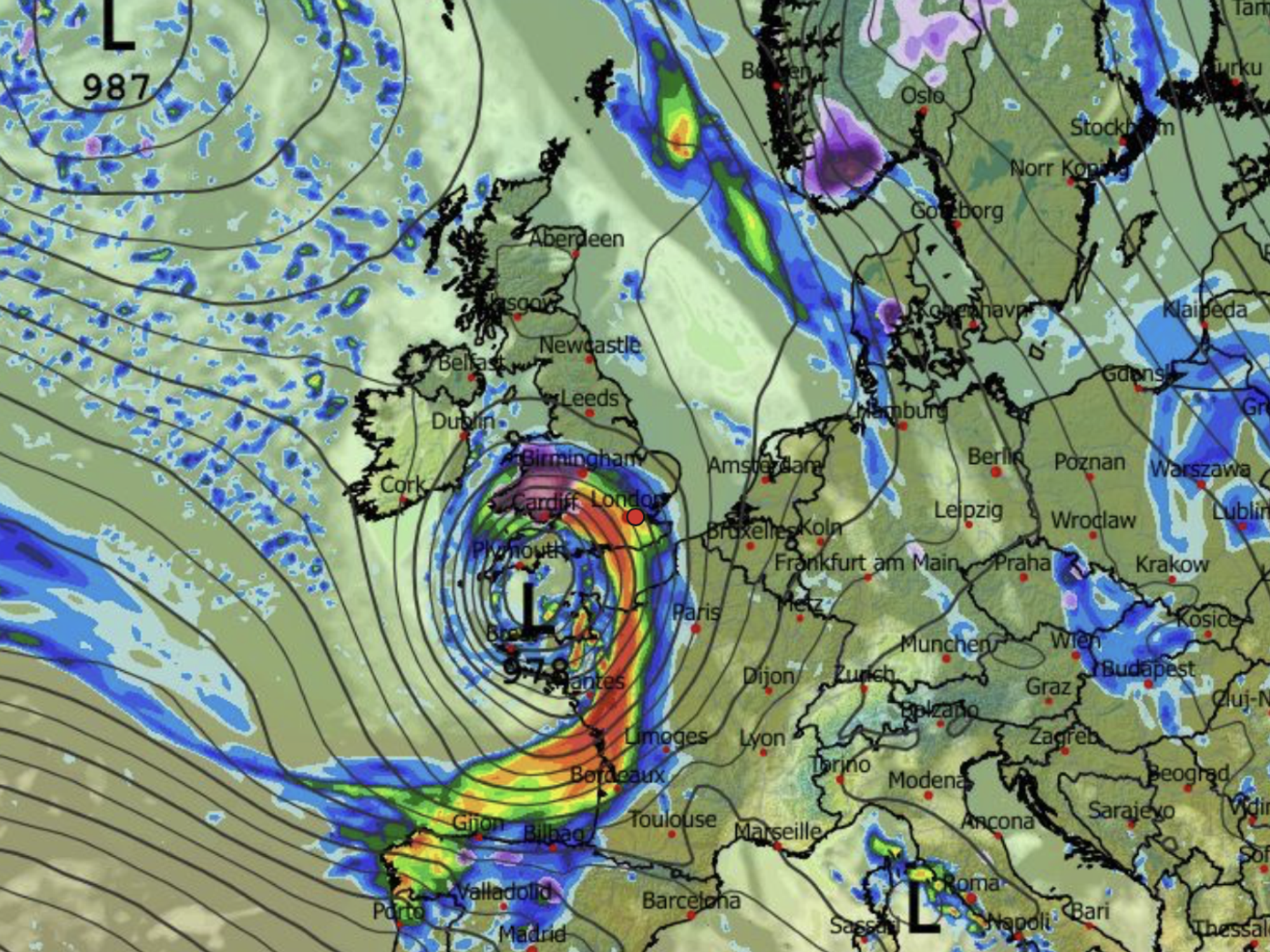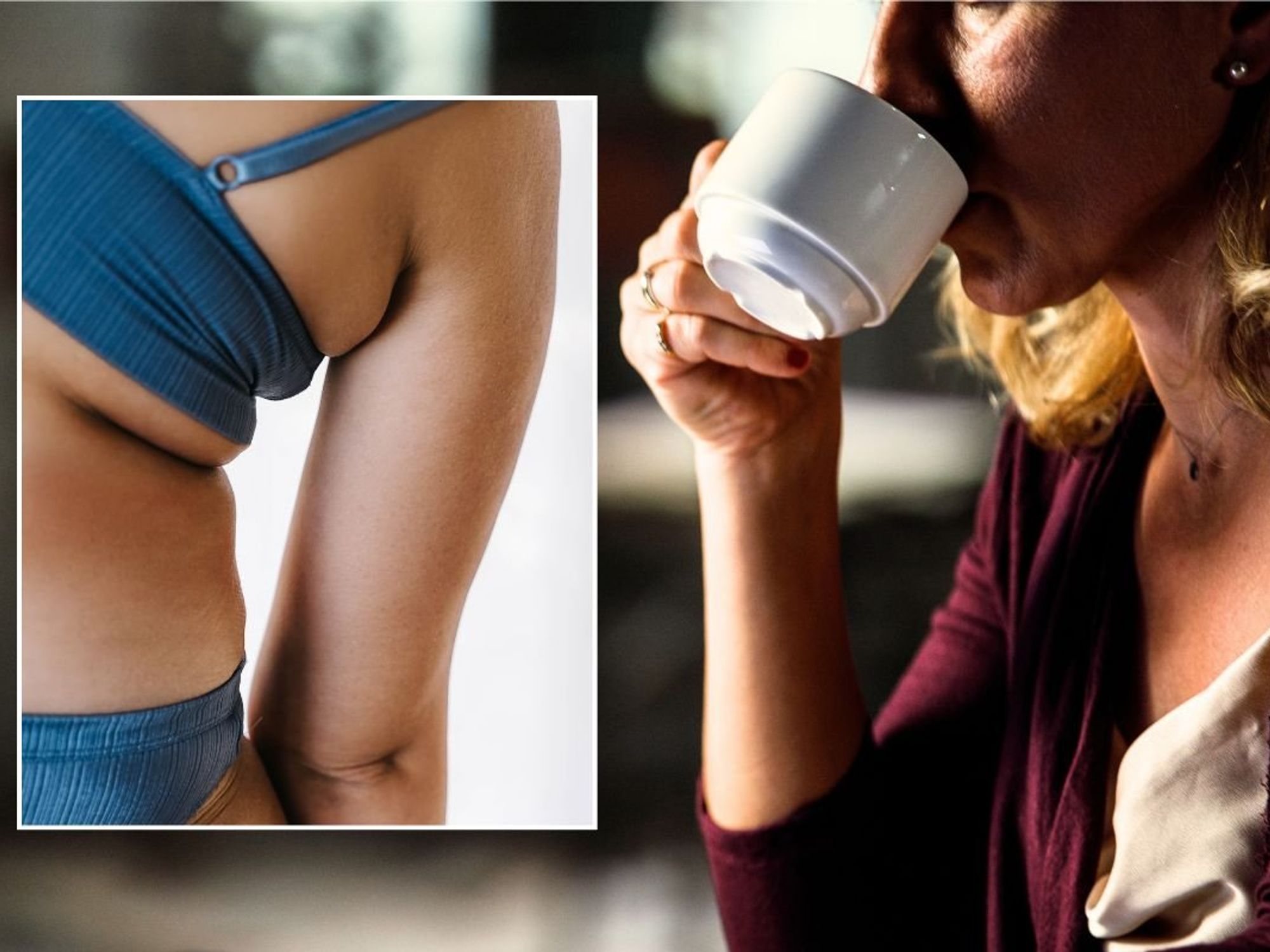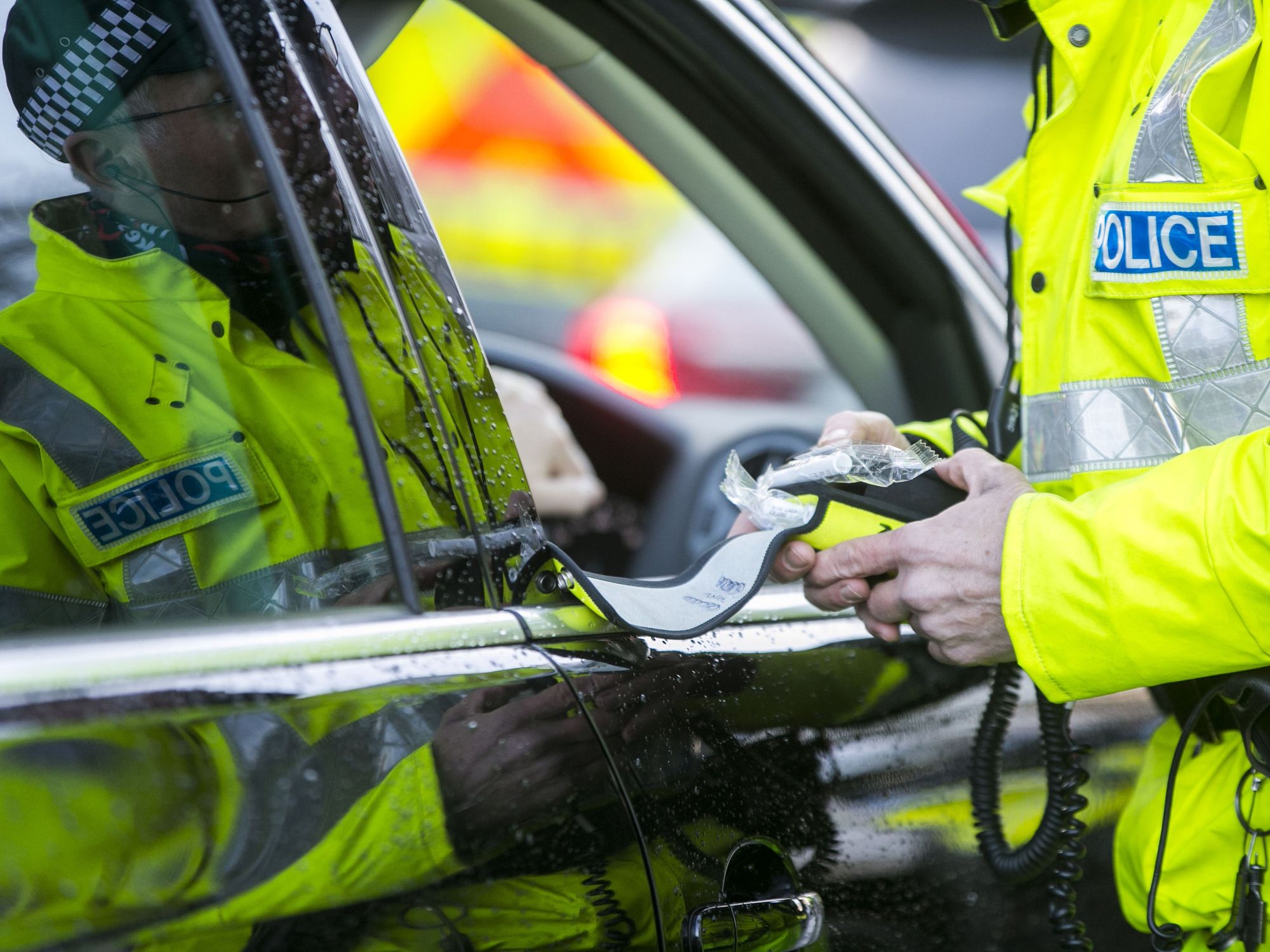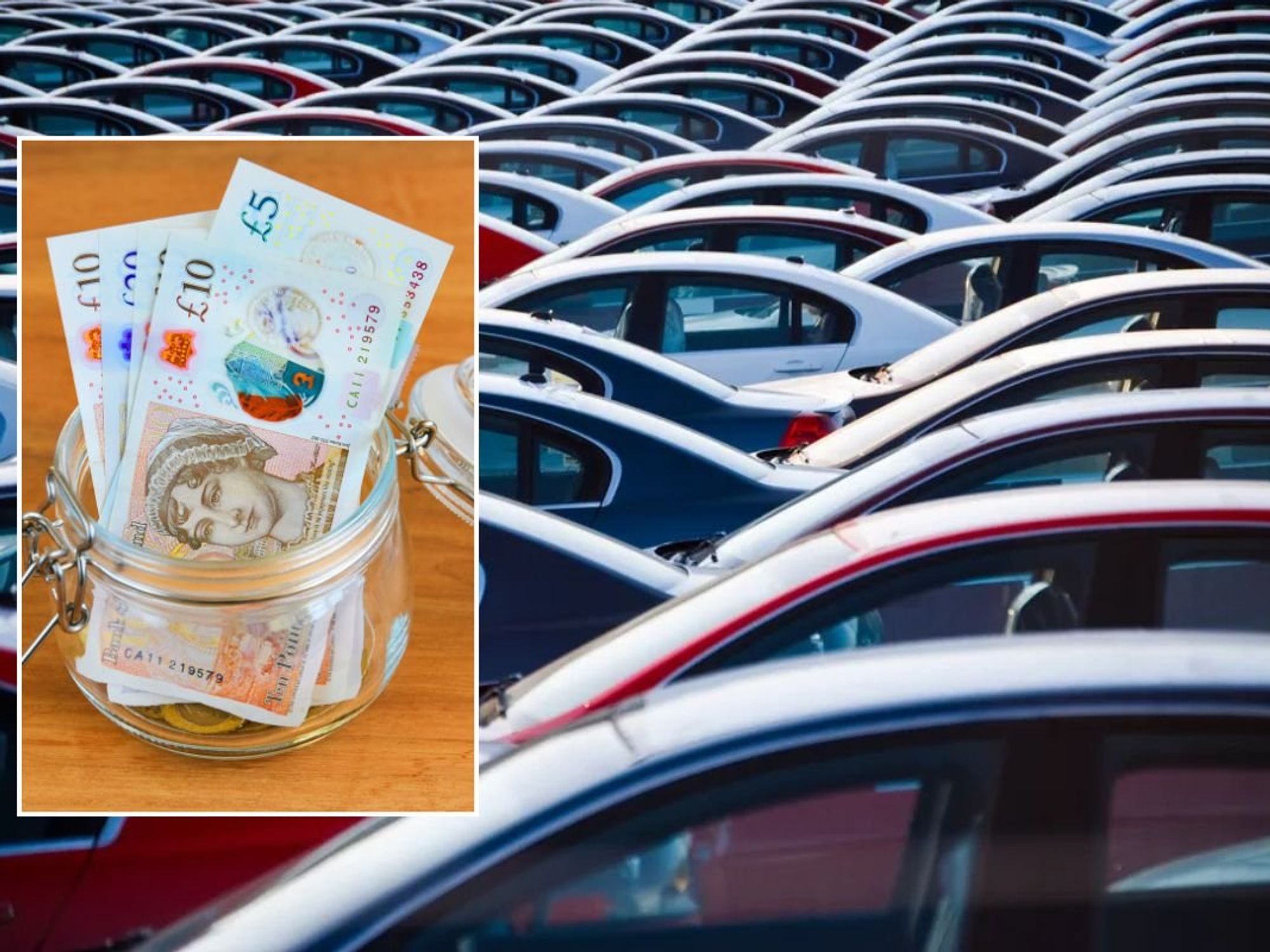Lockdown vindicated as closure of shops caused 10.6% reduction in deaths

The closure of non-essential shops had a good impact on the reduction of deaths, a report finds.
Don't Miss
Most Read
Latest
A group of researchers found measures imposed in spring 2020, including work-from-home, face masks and social distancing only reduced the Covid mortality rate by 0.2 per cent.
The review, led by a John Hopkins University professor, say lockdowns caused "enormous economic and social costs" and were "ill-founded and should be rejected as a pandemic policy instrument" going forward.
The closure of borders were found to have virtually zero effect on the mortality rate in the report, reducing it by 0.1 per cent.
Despite this, the review claims that the closure of nonessential shops had a good impact on the reduction of deaths, with a 10.6 per cent drop seen.
Their report, which has not been peer-reviewed, said that this was due to the closure of pubs and restaurants, where alcohol is consumed.
The researchers behind the report tend to lend their expertise to the field of economics rather than health, and they originally identified 18,590 global studies into lockdowns.
They claim this had to be whittled down to just 24 in order to answer their research question.
Critics have accused them of 'cherry-picking' studies in order to suit their narrative and have raised doubts about the agenda from authors, who have been vocal about lockdowns and vaccine mandates on social media.
Most scientists disagree with the study, and feel as though lockdowns had a significant impact on reducing the mortality rate before the arrival of antivirals and vaccines.
Despite this, there is a belief that draconian restrictions have led to a rise in non-Covid deaths, thought to be people who's health conditions worsened throughout the pandemic due to a lack of access to healthcare.
In the review, the scientists involved admit the report does not answer 'why' lockdowns did not achieve their ultimate goal in saving lives.
Correction
A previous version of this article, titled 'Lockdowns only reduced COVID-19 mortality by 0.2%, study finds', was inaccurate. In fact, the working paper’s analysis included some studies that actually concluded lockdowns to be beneficial in reducing COVID-19 mortality.
In our previous version, published on February 2, the working paper was labelled as a “Johns Hopkins study”. However, only one of the paper’s three authors is affiliated with Johns Hopkins University and the paper wasn’t endorsed by the university.











